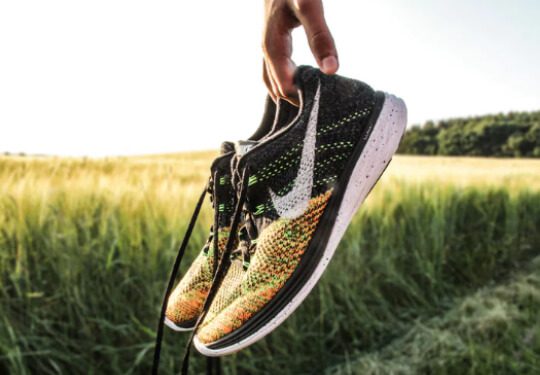
Services
I have a special interest in psychodynamic psychotherapy which involves an emphasis of a personal relationship with the client, and exploring the meaning and (often) unconscious origins of habitual thoughts, feelings, and behaviours. From this perspective I offer:
- Individual Psychotherapy
- Running Therapy
- Couples Therapy
- Play Therapy (for children)
- Intensive Addictions Process

Running Therapy
Running Therapy is a relatively new method of psychotherapy that involves talking about your problems one-on-one with a therapist while going for a walk/run. Like all therapy it is “client-centred”, which means you set the pace and the agenda.
Running therapy is open to anyone who needs to talk about themselves and is looking for a novel way to do so.

Psychotherapy
Why Psychotherapy? I love working in therapy with my clients because it is incredibly rewarding for them and me to begin to notice meaningful patterns emerging in the collaborative therapy relationship and to relate these helpfully to the client’s struggles.
Psychotherapy is about working closely and confidentially with a therapist to unravel complicated personal matters that seem to recur in the client’s life. The relationship that forms is characterised by openness, trust, and respect for autonomy. The process of self-exploration and honest reflection can bring about profound changes in how a person lives. Unsurprisingly, psychotherapy shows great success as a lasting treatment for symptoms like anxiety and depression. It is also tremendously helpful coping with personal struggles like job loss, relationship distress, substance abuse, bereavement, to name but a few.
The Psychotherapy Process: At the first meeting, you can expect to talk in detail about yourself, your personal history, and your reasons for coming for help. This is so that we can explore your troubles and your context in detail to ensure that we understand things fully. There is a strong emphasis on exploration and understanding in this kind of treatment. Psychotherapy is not a quick fix, and you should expect to come regularly (usually weekly – sometimes more often and sometimes less often) until you feel sufficiently helped. The process of the therapy is always open to discussion, and it is important that you share your thoughts and feelings about the process with me.
An excellent and helpful series of short articles about psychotherapy can be found here: https://www.apa.org/helpcenter/understanding-psychotherapy
Intensive Addictions Process
There are many routes to the successful treatment of addictions. My offering is a psychotherapeutic one – I offer a space for reflection and understanding that is open and non-judgmental, where a person can delve deeper into the psychological meanings that underlie their personal addictive behaviours in the context of a supportive and familiar relationship.
In addition to once- or twice-a-week psychotherapy, I offer a time limited, intensive daily therapy process to help work through the difficulties inherent in changing addictive behaviours. The process entails sessions daily Monday to Friday, incorporating both sit-down therapy and outdoor hiking/runs over a process of three to four weeks.
The process will suit candidates who are open to this kind of exploratory work, and some previous therapy will be an advantage (although not a necessity).
The benefits of this process are that the intensity of daily meeting facilitates the quick building of a relationship between the therapist and client, and the regularity of meetings ensures ongoing support and containment of difficult thoughts and feelings that might arise. It also offers the possibility of the intensive therapy work that might be found in an inpatient rehabilitation program, but as a daily outpatient, where you could continue to work and live at home.
Medical aids will cover up to 15 sessions of outpatient psychotherapy per year, and so candidates are advised to budget for additional sessions out of pocket. My fee for ongoing psychotherapy is negotiable, and I am open to these kinds of discussions.
[/section]



